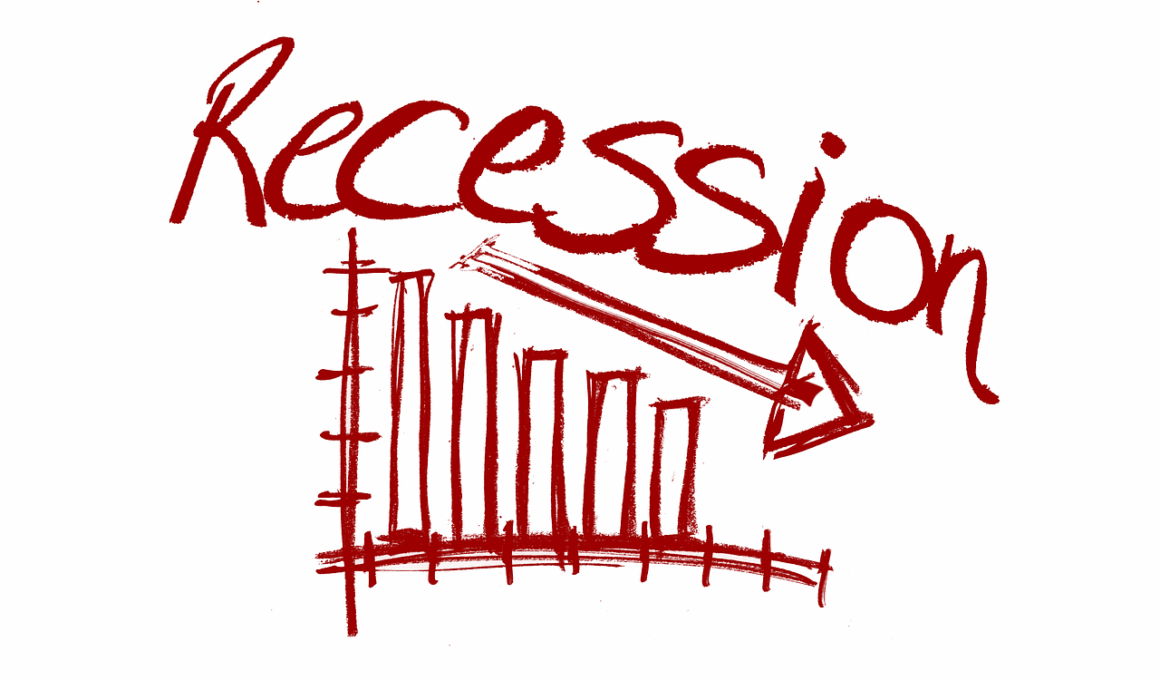Economic Nationalism and Its Political Economy Implications
Eeconomic nationalism emphasizes the importance of domestic industries, prioritizing national interests in economic policies. This framework argues that government intervention is essential for protecting local businesses from global competition. Such policies often include tariffs, import quotas, and support for national industries. For many, economic nationalism represents a response to globalization, which is seen as eroding local cultures and economies. Critics argue that excessive nationalism can lead to isolationism and may adversely affect international relations. In the context of political economy, this approach presents a tension between cooperation and competition, with state intervention seen as pivotal in shaping economic outcomes. Countries adopt various strategies to balance their interest in participating in global markets and protecting their economic sovereignty. The implications of these economic policies can be far-reaching, influencing employment, trade dynamics, and domestic economic resilience. As nations navigate these challenges, understanding the relationship between economic nationalism and political economy is critical for policymakers and researchers alike. This article explores these issues, examining case studies where economic nationalism has played a significant role in shaping economic policies.
In political discourse, economic nationalism can lead to polarized opinions among different stakeholders. Advocates argue benefits such as job creation and economic stability, while opponents warn of inefficiencies and retaliatory trade measures. This disconnect often reflects a broader societal debate about identity, globalization, and the role of the state. Discussions around economic nationalism also raise significant questions about ethical considerations and the impact on marginalized groups. Additionally, emerging economies frequently adopt economic nationalist policies to expedite their industrialization processes and protect emerging sectors. Balancing the drive for growth while protecting local interests constitutes a major challenge for these nations. A key implication of these policies is their influence on social contracts within countries. Economic nationalism can reshape relations between governments, citizens, and industries, resulting in heightened expectations for government support. These changes impact the political landscape by shifting public priorities and altering voter behavior. Such dynamics illustrate how economic policy can spontaneously shape political actions and social movements. In turn, these political actions can, significantly, shape the global economic environment, particularly in terms of international trade, labor standards, and investment flows.
Comparative Analysis of Economic Nationalism
Examining economic nationalism through various country-specific lenses reveals varied outcomes. For instance, in the United States, economic nationalism manifests through protectionist tariffs and a focus on ‘America First’ policies. This has led to widespread debates on trade balances and has had significant implications for global supply chains. Conversely, in countries like India, this approach is woven into a broader development strategy, with policies designed to prioritize Swadeshi (self-reliance) initiatives. While both approaches prioritize national interests, they reflect distinct historical and political contexts, revealing the multifaceted nature of economic nationalism. In Europe, the rise of nationalist sentiments affects the EU’s free trade principles, with several member states advocating for stronger border controls. The Scottish independence movement underscores how regional economic nationalism can drive changes in political aspirations and economic policy. Each country presents a unique perspective shaped by culture, history, and institutional frameworks. These comparative analyses highlight critical lessons in political economy by showcasing how economic nationalism adapts in response to specific socio-political conditions, leading to various outcomes in terms of economic cooperation and public sentiment.
The rise of populism in several countries closely ties to the resurgence of economic nationalism. Populist leaders often leverage nationalist sentiments to mobilize support, arguing that they serve the common people against elitist globalist interests. Such rhetoric resonates with those who feel left behind by globalization or unaddressed by traditional parties. As a result, economic nationalism can serve as a powerful political tool, affecting internal and external policies. However, it is essential to discern the difference between authentic local interests and populist rhetoric that merely exploits fears for political gain. This calls for a critical examination of policies that emerge under the guise of nationalism. Moreover, economic nationalism’s implications extend beyond economics; they can fundamentally alter social dynamics and government-citizen relationships. As states prioritize domestic industries, they often redefine citizenship and economic participation criteria. The extent of inclusivity varies, shaped by broader political ideologies and economic strategies. Inconsistencies marked by exclusionary practices can arise, especially toward minority groups. Therefore, examining the socio-economic consequences of these nationalist policies is vital for understanding their political implications.
The Global Response to Economic Nationalism
The resurgence of economic nationalism has garnered varied global responses, ranging from support to outright condemnation. Multinational corporations often face dilemmas as they navigate these shifting nationalist landscapes. On one hand, they may benefit from localized production; on the other hand, they risk losing market access in increasingly protectionist environments. In such scenarios, domestic firms may gain an advantage, intensifying competition in local markets. International organizations, including the World Trade Organization, have expressed concerns regarding the long-term effects of widespread economic nationalism on global trade systems. They emphasize the importance of multilateral cooperation to avoid isolationist tendencies. Some see opportunities in this shift, as nations might leverage economic nationalism to renegotiate trade agreements that better serve their interests. However, the challenge lies in ensuring that such negotiations do not lead to broader economic instability. Gradually, the blend of nationalism and globalization has resulted in a new economic paradigm, prompting a rethinking of trade relationships and international economic policies. Both protectionist and free trade proponents must recognize the increasingly complex interplay of domestic policies and global market forces.
A critical aspect of economic nationalism involves examining its environmental implications. Countries may adopt nationalist policies to promote sustainable development alongside protecting local industries. However, economic nationalism can also lead to avoidable conflicts over resource allocation and environmental degradation. Policymakers face the challenge of aligning nationalistic goals with environmental stewardship, requiring a delicate balancing act. Efforts to promote local industries must address sustainability, encouraging industries to adopt greener technologies. Additionally, nationalist policies may restrict environmental cooperation on global challenges, such as climate change, hindering collaborative efforts. Nonetheless, innovative solutions can emerge when nations prioritize environmental sustainability within nationalistic frameworks. This includes fostering green jobs or engaging in community-based conservation initiatives that complement local economic interests. The interplay between economic nationalism and environmental sustainability increasingly shapes political agendas worldwide, embedding ecological concerns into national economic strategies. Therefore, the dialogue surrounding economic nationalism should incorporate environmental perspectives, ensuring that policies yield sustainable economic outcomes. As nations develop strategies aligning their interests, the path toward prioritizing ecological concerns becomes increasingly critical for achieving long-term prosperity.
Conclusion and Future Perspectives
In summary, economic nationalism represents a complex interplay of political economy dynamics that require careful exploration. It prompts a re-evaluation of the relationship between government interventions, market forces, and globalization. An understanding of national contexts, cultural histories, and economic aspirations is fundamental in navigating this terrain. As the global economy evolves, the implications of economic nationalism will continue to challenge established norms and relationships among nations. Future research must address this evolving landscape’s nuances, highlighting opportunities and threats posed by rising nationalism. Policymakers should adopt informed strategies that consider historical lessons and the potential consequences of economic decisions. The careful integration of nationalism into economic policy can lead to benefits where local interests are prioritized without sacrificing global collaboration. Nonetheless, vigilance is required to ensure that economic nationalism steers towards inclusive growth rather than exclusionary practices. This balance must take center stage in political discussions as globalization meets nationalism more closely. Ultimately, shaping a sustainable political economy framework will depend on addressing these converging narratives, prioritizing cooperation over conflict, and recognizing the interdependencies that inherently characterize our globalized world.
Understanding the relationship between globalization and economic nationalism is crucial for navigating contemporary economic challenges. This dynamic also influences how various political structures shape economic policies in different countries. As domestic and international pressures evolve, policymakers must consider how nationalist sentiments could impact their economy while addressing global interdependence. The ongoing debate surrounding trade agreements and investment flows continues to reflect these tensions. Therefore, policymakers should assess these developments through a nuanced lens, striving to create policies that balance domestic needs with global realities. This requires a deep understanding of not just political imperatives but also economic principles that underpin national interests in a global context.


